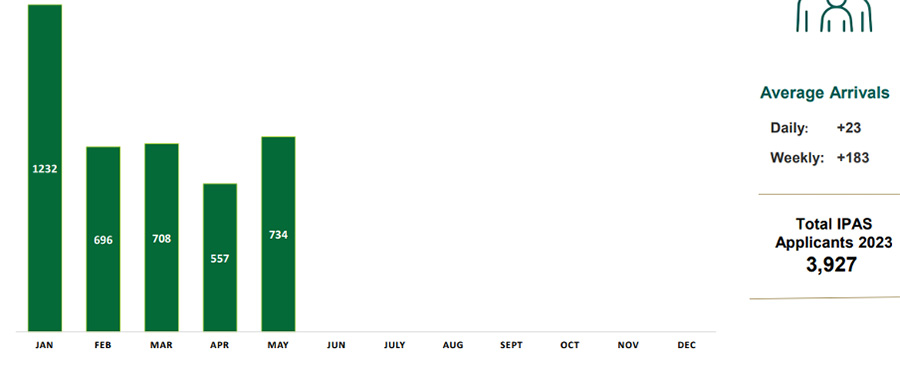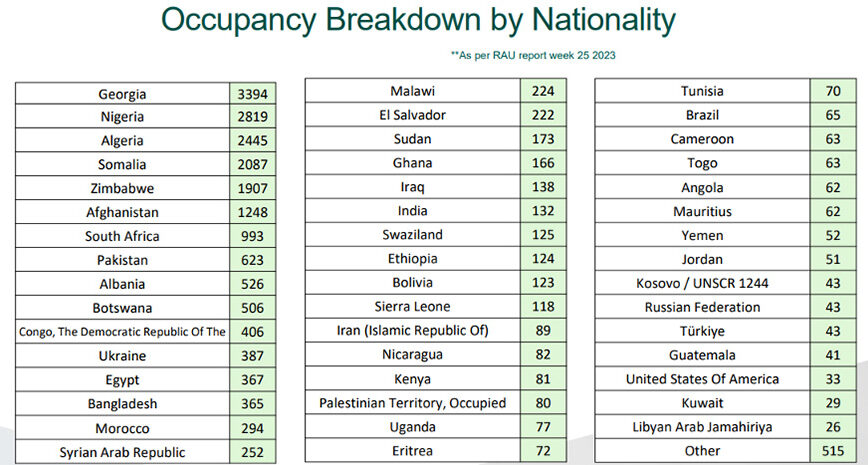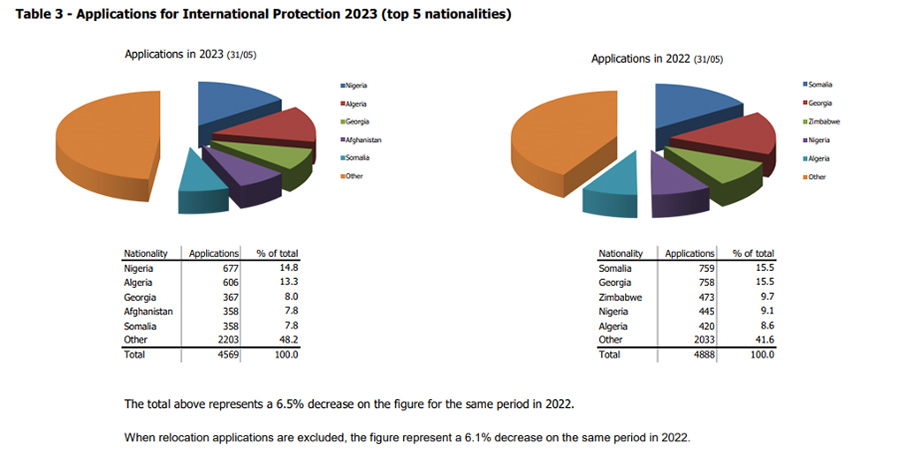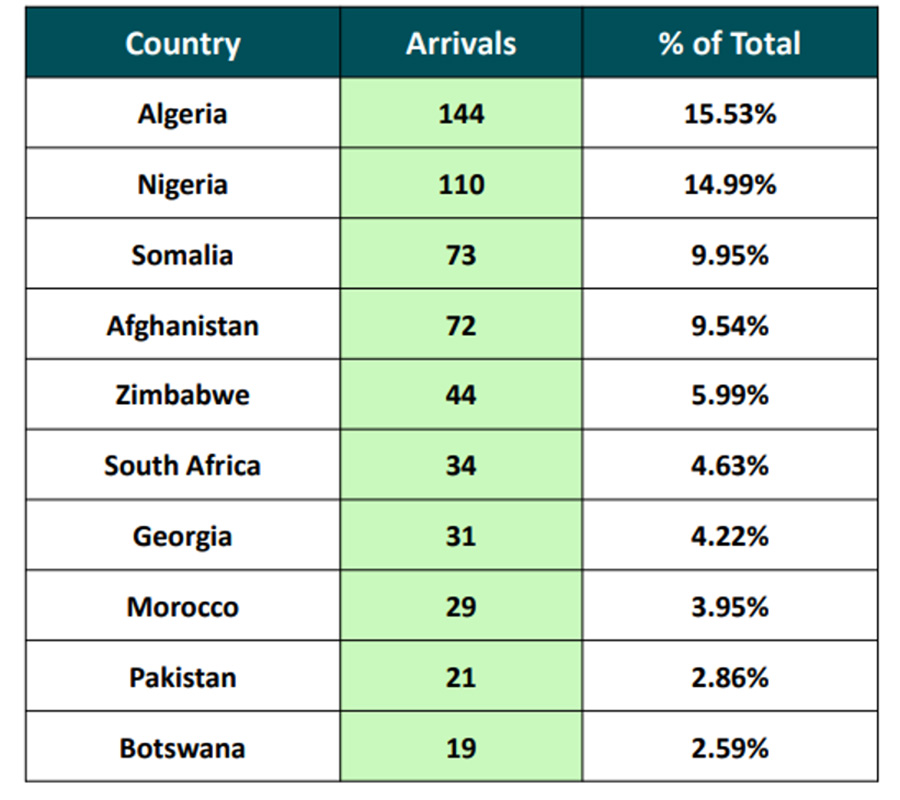Much was made of yesterday’s report that Minister for Justice Helen McEntee was to inform her Cabinet colleagues that the numbers of people applying to the International Protection Office here for asylum has shown a dramatic 70% fall in the number of applicants from “safe countries.”
A number of points need to be made about this. First of all is that the overall numbers of people applying for asylum through the IPO in May showed an increase from April and the first increase since January of this year. So there is an element of “look over there” about the whole business.

The second point to be made is that the seven designated safe countries of Albania, Bosnia/Herzogovina, Georgia, Kosovo, Macedonia, Serbia and South Africa are a pretty arbitrary selection listed in Statutory Instrument 121/2018 for the purposes of applying the criteria listed in the International Protection Act (2015.). Part 12 of the Act sets out a definition of what constitutes a safe country.

It is clear that this definition applies well beyond the seven named countries. If South Africa and Georgia qualify as safe countries according to the listed criteria then so too do most of the countries from which people applying for asylum here originate. The vast bulk of them, as can be seen in the table listing current numbers in IPAS accommodation, are citizens of countries which are functioning democracies and in which there is no war or conflict to justify the numbers claiming asylum in Ireland, or anywhere else for that matter.

The reductio ad absurdum of which is underlined by the fact that the Irish taxpayer is paying for the upkeep of 33 “asylum seekers” from the United States of America. There are also 506 people from Botswana which is considered to be a model African democracy. Indeed, the only NGO whinges about Botswana are that it applies an almost complete ban on people crossing its border with Zimbabwe to claim asylum. South Africa has similarly tackled illegal migration from Zimbabwe along with people from other African countries which this country accepts as asylum seekers.
It is true that the numbers of people making applications from Georgia and South Africa have fallen, and that the overall numbers to the end of May show a small decrease on the same period in 2022. This is possibly a consequence of the reaction to the widespread protests against opportunistic and illegal immigration and the fact that an increasing number of public representatives of all parties have been reflecting those concerns. It is also a fact that the mainstream media has begun to echo the reportage of Gript and others, even to the extent of occasionally dipping into our reports and statistics.

While it can only be hoped that the state does continue to discourage opportunistic economic migration and take steps to tackle illegal entry including that allegedly organised by criminal trafficking gangs, the most recent arrival statistics and the overall numbers in IPAS accommodation show a worrying upward trend.
The numbers for May show the first increase since March and the usual annual pattern is for numbers to continue to climb during the summer months. The figures also once again prove that the biggest number of applicants are single males which accounted for almost 60% of arrivals in the last week in June. Just over 11% were children.

There are currently 21,573 people in IPAS accommodation, compared to 10,447 in March 2022. It must be emphasised that this number only includes a very small number – less than 2% of total – of Ukrainians. The vast bulk are from countries in which there are no wars or other crises that justify such numbers.
4,387 are from the officially designated safe countries of Georgia and South Africa. So if the Minister and her colleagues recognise the basically illegitimate nature of those applications and is boasting about their reduction, then surely the logical next step is to quickly process all such applications and then quickly deport all of those who do not qualify.
While the state can claim some credit for seeming to at last be recognising that illegal and opportunistic immigration is a problem rather than some strange type of dividend, the current violence in France underlines the urgency of taking even stronger measures to ensure that the safety of citizens and people who come here legitimately to work and perhaps to seek protection is not jeopardised by what is, at the very best, a naïve policy driven by bottom feeding employers and ideologically motivated NGOs.
